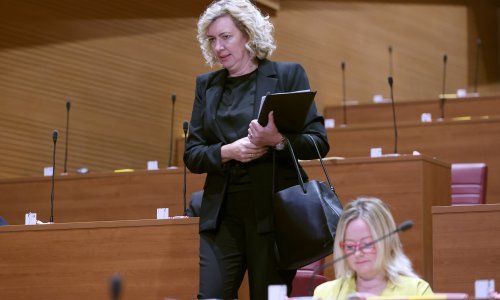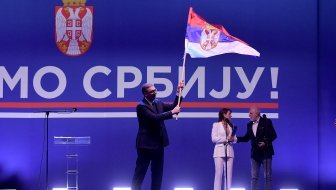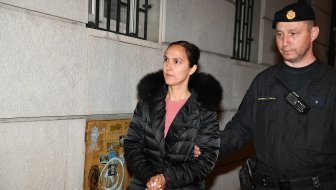The current economic crisis in many EU countries, which has brought into question the existing European economic model, should encourage many changes and adjustments of that model, in which process the right response to the crisis should be "Not less, but more of Europe", it was said at a presentation of the World Bank report "Golden Growth: Restoring the Lustre of the European Economic Model" at the Croatian National Bank (HNB) on Monday.
HNB Governor Zeljko Rohatinski said the economic foundation of the EU and its monetary union was "the model of real convergence", a hybrid between the US liberalism oriented to economic efficiency and the European tradition of welfare states. The model has functioned well in good times, but it has shown weaknesses in times of crisis, he said.
The European model should therefore be reformed by lessening the dichotomy between the single EU monetary policy and relatively autonomous fiscal, development and social policies of the member-countries, said Rohatinski, disagreeing with the purported "saving or growth" dilemma and noting that sustainable economic growth could not be achieved without the necessary level of saving.
Regional Development and EU Fund Management Minister Branko Grcic said the Croatian government, like many other European governments, was considering ways to find the right measure of saving and stimulation of economic recovery.
"In the pre-election period many of us called for radical cuts, amounting to a dozen or more billion kuna, for painful reductions of salaries, pensions and social benefits, but we are sticking to our strategy which is much more moderate and painless than that," Grcic said.
The government's strategy has three pillars - fiscal consolidation, structural reforms and investments, which this year are 40% down from 2008. A separate problem is the slow inflow of foreign investments, so the crisis has made our saving greater than investment, which is possibly the worst option, said Grcic, adding that the government would soon present a detailed plan for urgent reforms aimed at improving the investment climate.
President Ivo Josipovic said Croatia was now facing the consequences of the previous economic model based on debt capital, which he said was not used only for investments but for personal consumption as well.
Croatia must carry out fiscal consolidation and structural reforms and strengthen the competitiveness of its economy, which is politically difficult to implement because citizens are dissatisfied if development must be paid for with their living standards, however, the government has no other option, he said.
Considering the current crisis in the EU which we are about to enter, we must answer the citizens' question if the economic crisis was generated by the EU or was a result of weaknesses of national economies. Analyses show that the main cause of the crisis is in some national economies, so the response to the crisis should be "Not less, but more of Europe," said Josipovic.




































